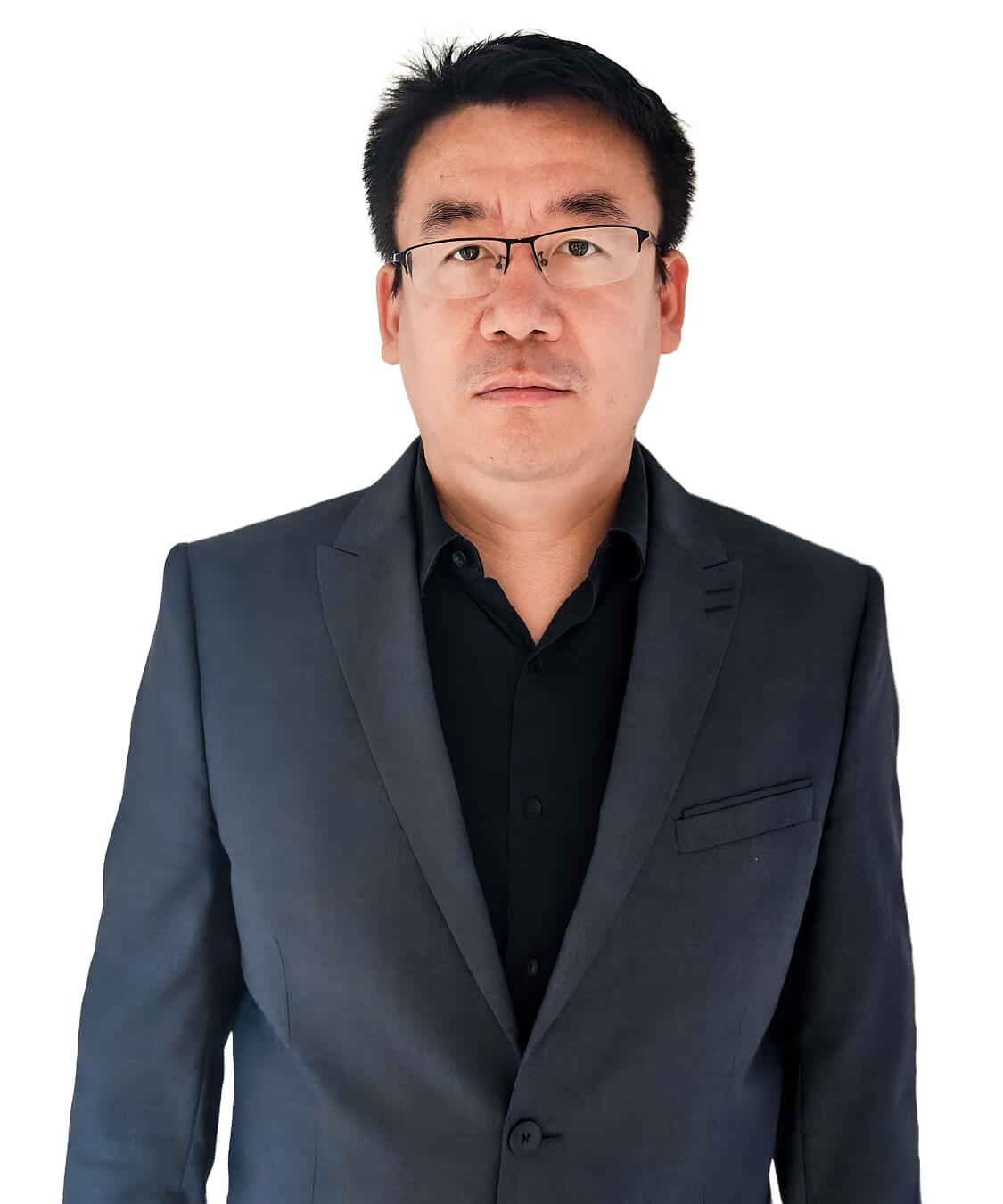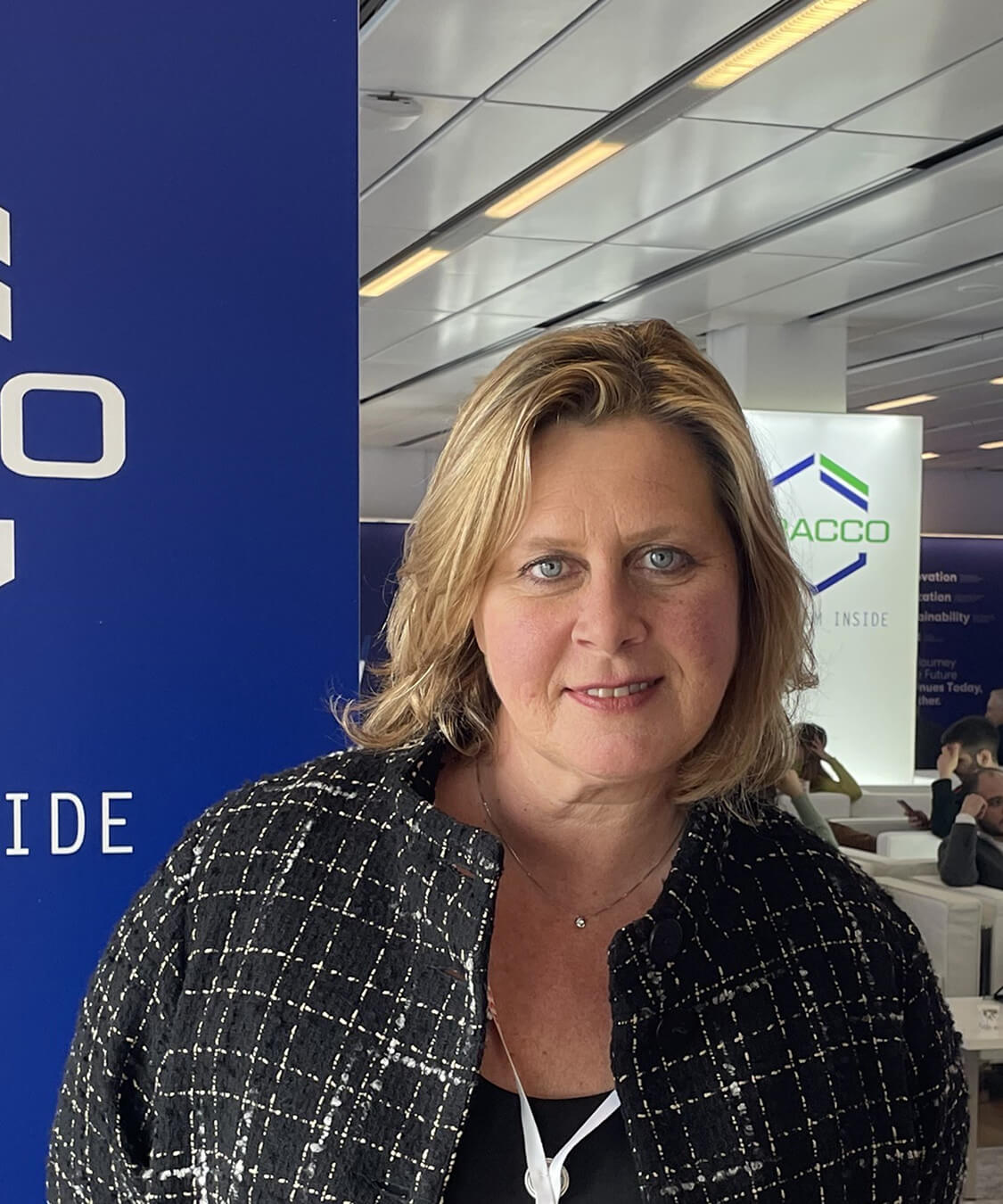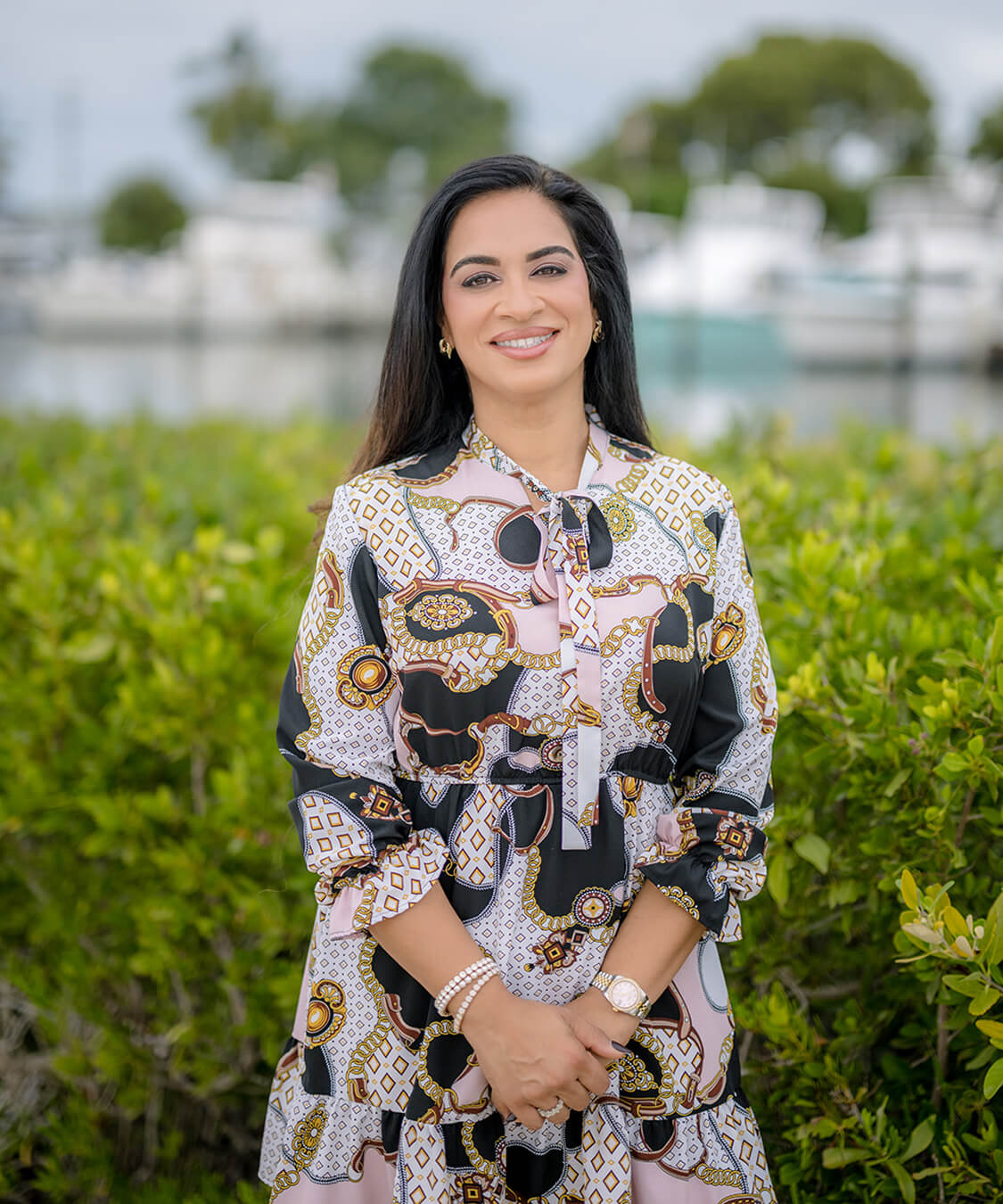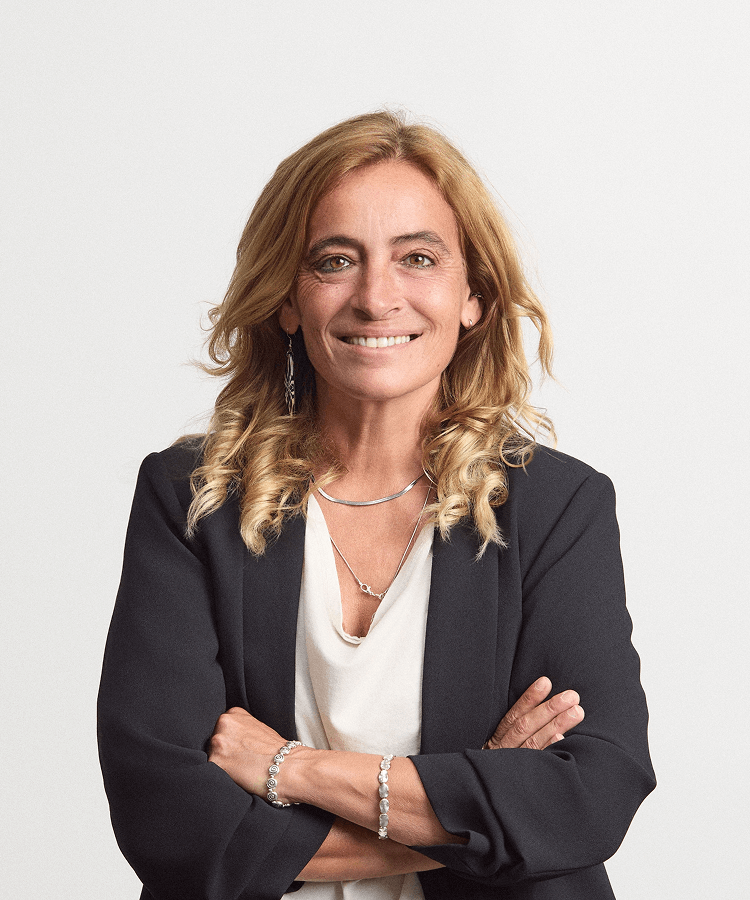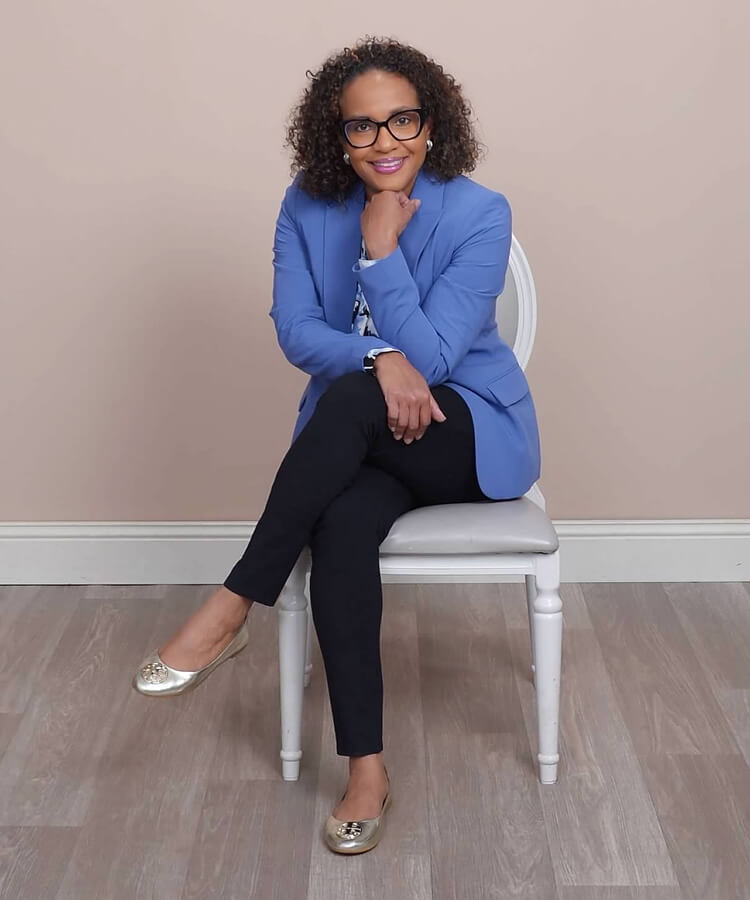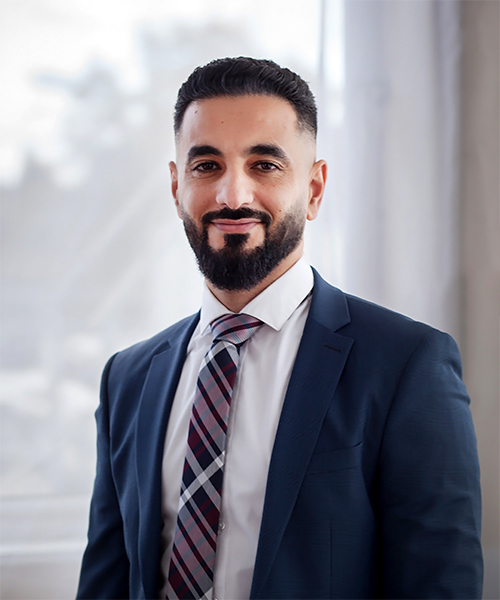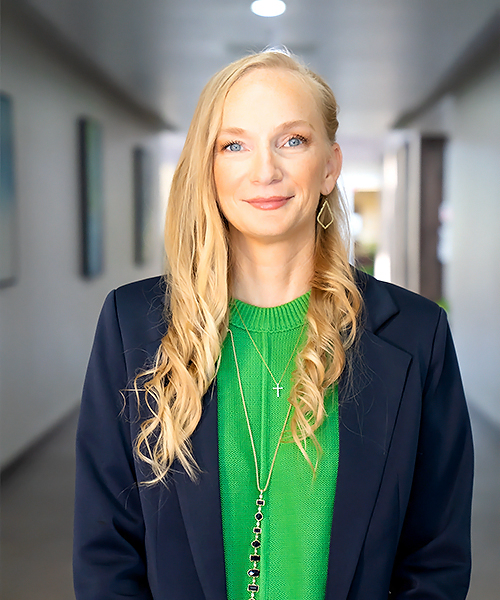Leonor Stjepic
Transforming Montessori Education
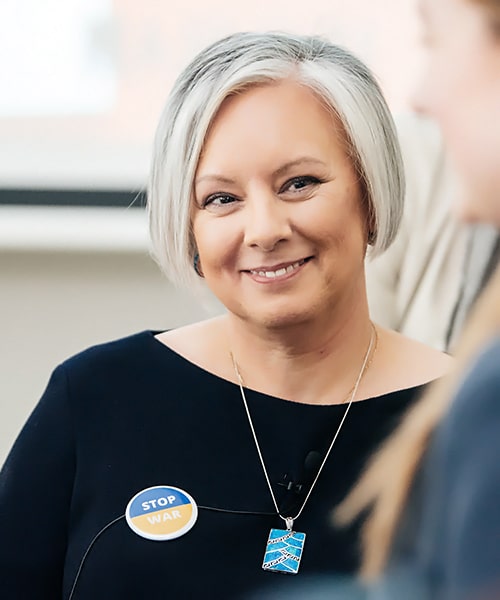
Leonor Stjepic, CEO of Montessori Group
The Montessori Group is an international organisation with social impact at its heart. Its mixture of commercial and charitable entities allows it to be innovative, fast paced and flexible in its approach and respond to societal needs quickly. For example, within a week of lockdowns due to Covid, it had produced and distributed activity sheets to parents whose children were at home and needed additional support. It teamed up with an award-winning social enterprise to deliver food boxes to families that had been affected economically due to the lockdowns in the UK and supported a group of volunteers collecting baby and toddler-essential supplies to deliver to Ukrainian refugees, sending 250,000 items within 48 hours.
However, this has not always been the case for the 68-year-old organisation. The transformation in its purpose, putting social impact as the main driver for its work, and the way it has expanded internationally is down to the leadership of its CEO, Leonor Stjepic, who took over the position just four years ago.
Having spent the first third of her career in the private sector and the last 20 years as a CEO, leading and transforming two other NGOs, Leonor brought a combined experience and expertise of private/civil society sectors as well as a focus on values-led leadership.
Diversity, inclusion, respect, creativity, and innovation are all values that are integral to the Montessori Group – and coincidentally reflect Montessori values. All staff at the Montessori Group are expected to “walk the talk” and, as CEO, Leonor believes it is her responsibility to lead by example. Apart from addressing the modern-day needs, the Montessori Group believes that there is a need to change the education system and its mission is just to do that so millions of children can reach their full potential.
When asked about her vision and the need for the education system to change Leonor had this to say, “Our global education system is a product of the industrial revolution, where workers were required to work machines.
There was a requirement for skills of literacy and numeracy and the ability to retain knowledge to follow a process. Workers often stayed in the same job, and even the same company, all their lives. Those who could, may have moved up the corporate ladder but, there was an assumption that someone would continue to do the same job for as long as they worked. That world has now disappeared. In this digital age, we still need literacy and numeracy, but I can obtain more information from the internet on my mobile phone than I ever learnt during my whole school career. It is well recognised that we need the skills called social and emotional or life skills – creativity, innovation, collaboration, critical thinking. Yet the focus, in many schools, remains on the traditional way of teaching and expecting children to learn great chunks of facts. Over 100 years of Montessori has proven, time and time again, that children who are given access to the Montessori approach – where we support learning through activity, with a focus on the social and emotional skills but also on literacy and numeracy –benefit regardless of their socio-economic backgrounds. In fact a longitudinal study carried out by Professor Angeline Lillard, compared students in a high-poverty U.S. city who attended Montessori schools with children who attended other schools. The children were assessed over three years on likely indicators of later success. The research found that those who attended Montessori achieved more, in fact their achievements were‘well beyond’ the achievements by the lower-income students who attended other schools and ‘greatly reduced the achievement gap across the preschool years.’ We live in a specific point in time, historically, where Montessori is needed more than ever, and it is our vision to deliver quality Montessori education to everyone.”
Leonor often gets asked to talk about leadership and mentors a number of young men and women who want to be leaders. When asked about the qualities of leadership that she felt were important, her answer was unexpected. “Training and qualifications have their place, but what leaders really require are the right mindset – curiosity, emotional resilience, empathy and critical thinking. Above all, it is important for leaders to be authentic, be role models and remember that any company is made up of people. If you don’t understand and manage emotions, you won’t have a successful company.”

Company
Management
Leonor Stjepic
CEO of Montessori Group
Description
The Montessori Group is one of the world’s leading providers of Montessori training to meet the needs of the Educators and specifically Early Years communities in the UK and around the world. To date, we have trained over 9,000 Montessori educators worldwide.
Read Magazine

View more profiles
Amanda’s professional journey has always revolved around healthcare — a sector she describes as “deeply human, scientific, and purpose-driven.”
Leadership, for Sam, began long before any title, office, or boardroom. It began in her childhood home, surrounded by...
Fortune favored her early on, as she secured a PhD position—a milestone that marked a turning point in her journey.
Outside the consulting world, Dr. Gajadhar-Foster remains deeply rooted in the simple, generative joys of family, creativity,...
Esther Marijuan, the Regional Director of Sales at United Hospitality Management, is a shining example of such a visionary leader.
One of Brandi Sutter’s most defining moments was seeing the first batch of Weston Heated Apparel products...
Rebekah Tobias, in her role as Managing Director, focuses on assembling high-caliber teams within real estate ...
As the CFO Elizabeth leads the finance function to ensure accurate and timely reporting that supports the company's strategic, commercial, and financial goals.
After earning her degree in Structural Civil Engineering from the University of Genoa, she launched her professional journey....
Jenny Rosario’s journey from a small town to a significant leadership role in the corporate world highlights her remarkable growth..
Jenny Rosario’s journey from a small town to a significant leadership role in the corporate world highlights her remarkable growth..






